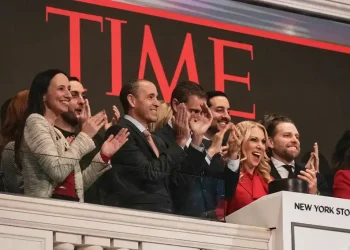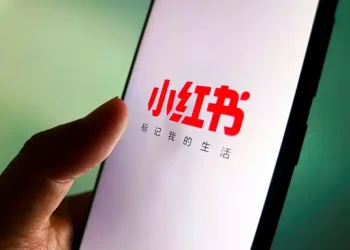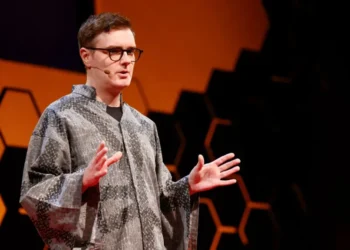OpenAI’s GPT-5 Launch Sparks User Frustration Over Performance and Personality Changes
Published Time: 08-14-2025, 15:20
OpenAI’s latest AI model, GPT-5, was promoted as a major leap in artificial intelligence — a system capable of “PhD-level” expertise in any subject. But less than a week after launch, the rollout has drawn widespread criticism from users who say the chatbot is producing basic factual errors, mishandling simple tasks, and displaying a noticeably flatter personality compared to earlier versions.
High Expectations, Disappointing Delivery
In a livestream before the launch, OpenAI CEO Sam Altman compared the jump from previous models to GPT-5 as being like moving from early smartphones to high-resolution “retina displays.” He described the new model as significantly better in both obvious and subtle ways.
However, once users began testing GPT-5, reports of inaccuracies spread quickly across social media. Some users shared examples of the chatbot mislabeling U.S. presidents in image outputs, duplicating political figures, and even inventing new state names when asked to label a U.S. map.
Tech journalist Tim Burke posted on Bluesky that GPT-5 mislabeled several presidents’ names, while technology writer Ed Zitron highlighted map-labeling errors such as “Yirginia” appearing in place of Virginia.
Public Mockery and Growing Concerns
While some of the mistakes were treated with humor, others saw them as a sign of deeper performance issues. Longtime ChatGPT users noted that the model’s personality had shifted, describing its responses as less engaging and more mechanical.
Adding to the frustration, OpenAI retired earlier models, including the popular GPT-4o, which many users preferred. A Change.org petition calling for the restoration of GPT-4o quickly gathered more than 4,000 signatures.
On Reddit, one user complained that GPT-5 disrupted a task automation system that had worked seamlessly on earlier versions, deleting items and altering deadlines.
OpenAI Responds to Backlash
Within 24 hours of the rollout, Altman acknowledged the problems in a post on X, saying the launch was “a little more bumpy than we hoped for.” OpenAI announced that GPT-4o would be reintroduced for paid subscribers and that updates to GPT-5 were underway.
When contacted by CNN, OpenAI referred to Altman’s public statements and a company blog post detailing ongoing optimization efforts.
A Risk to OpenAI’s Consumer Strategy
The backlash has fueled doubts about OpenAI’s consumer product strategy. Despite being valued at around $500 billion, the company has yet to turn a profit. Industry analysts note that overly ambitious marketing can heighten the risk of disappointing users, especially when a product replaces tools people have integrated into their workflows.
AI researcher and critic Gary Marcus commented that GPT-5’s underwhelming debut could impact OpenAI’s reputation and valuation, noting that the company is already lowering prices to maintain user numbers and facing talent losses amid rising competition.
A Broader Industry Challenge
GPT-5’s difficulties reflect a larger challenge facing the AI sector: bridging the gap between ambitious promises and real-world performance. Companies often highlight benchmark test results to demonstrate capability, but these technical achievements do not always translate into consistent, useful experiences for everyday users.
Altman’s initial claim — that GPT-5 would feel like conversing with a true expert in any field — resonated with investors and enthusiasts. Yet the current reality, as users are experiencing it, shows limitations that critics say underscore the hype surrounding generative AI.
The Future of AI Rollouts
For some industry watchers, the GPT-5 launch represents a turning point. The backlash signals that users are becoming more discerning, less willing to accept performance gaps in exchange for novelty. As more companies enter the AI space, consumer trust will depend on balancing innovation with reliability.
While OpenAI’s rapid response to user concerns may mitigate some of the immediate criticism, the incident serves as a reminder that in an increasingly competitive market, delivering on promises is just as important as making them.
This article was rewritten by JournosNews.com based on verified reporting from trusted sources. The content has been independently reviewed, fact-checked, and edited for accuracy, neutrality, tone, and global readability in accordance with Google News and AdSense standards.
All opinions, quotes, or statements from contributors, experts, or sourced organizations do not necessarily reflect the views of JournosNews.com. JournosNews.com maintains full editorial independence from any external funders, sponsors, or organizations.
Stay informed with JournosNews.com — your trusted source for verified global reporting and in-depth analysis. Follow us on Google News, BlueSky, and X for real-time updates.














